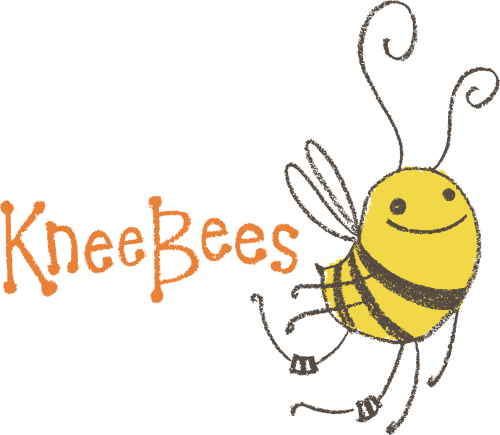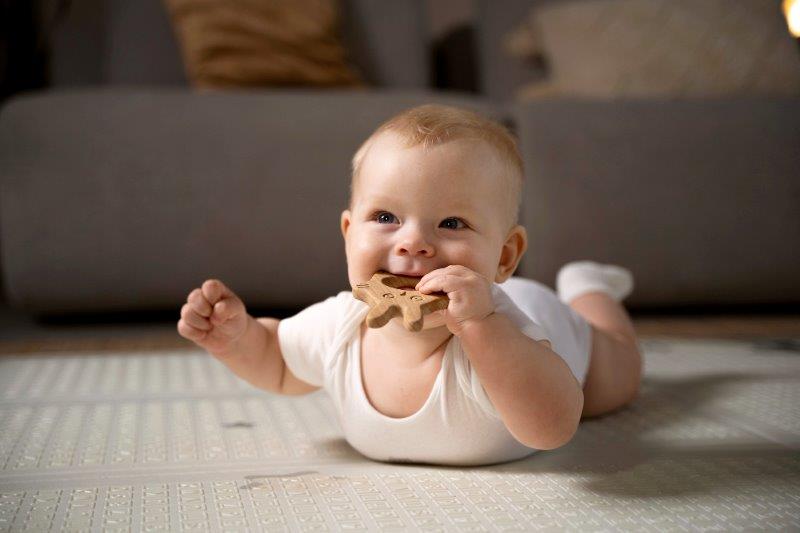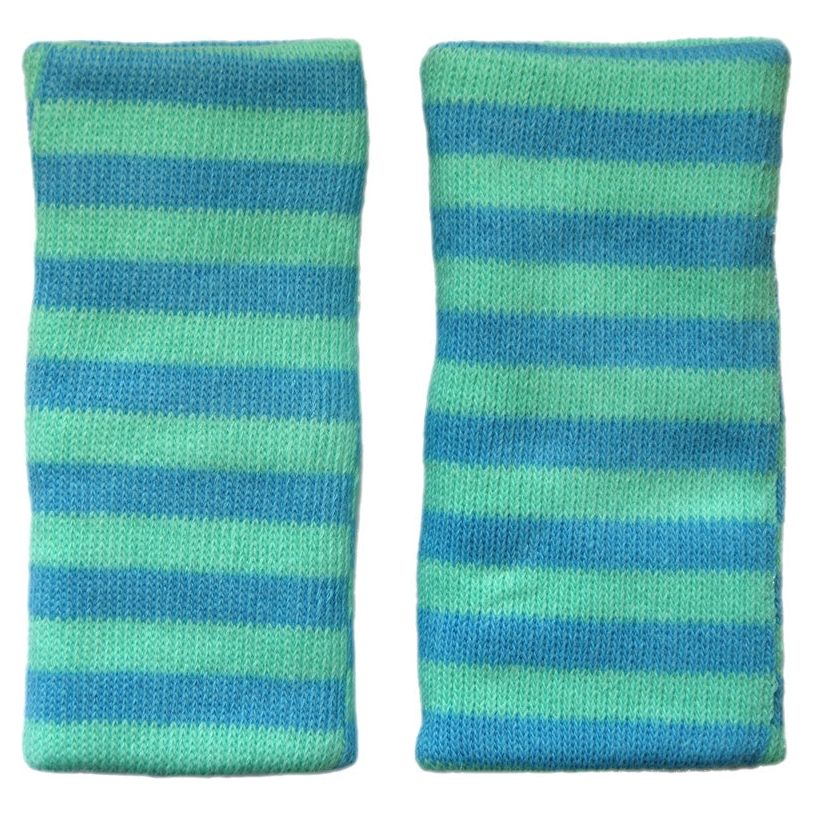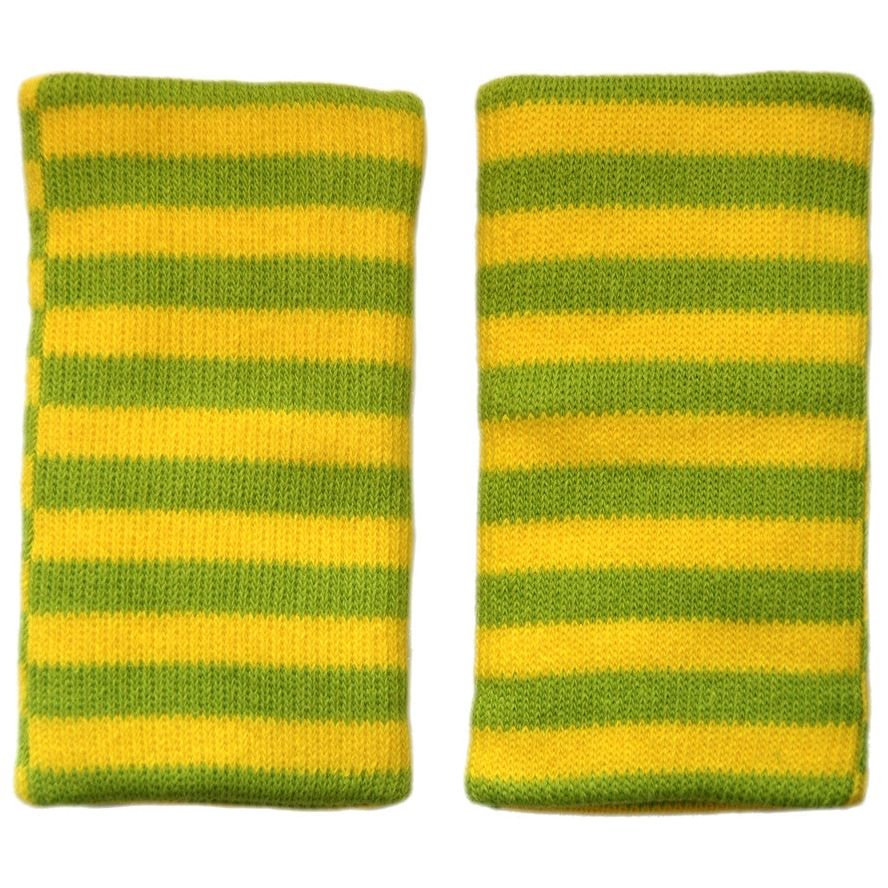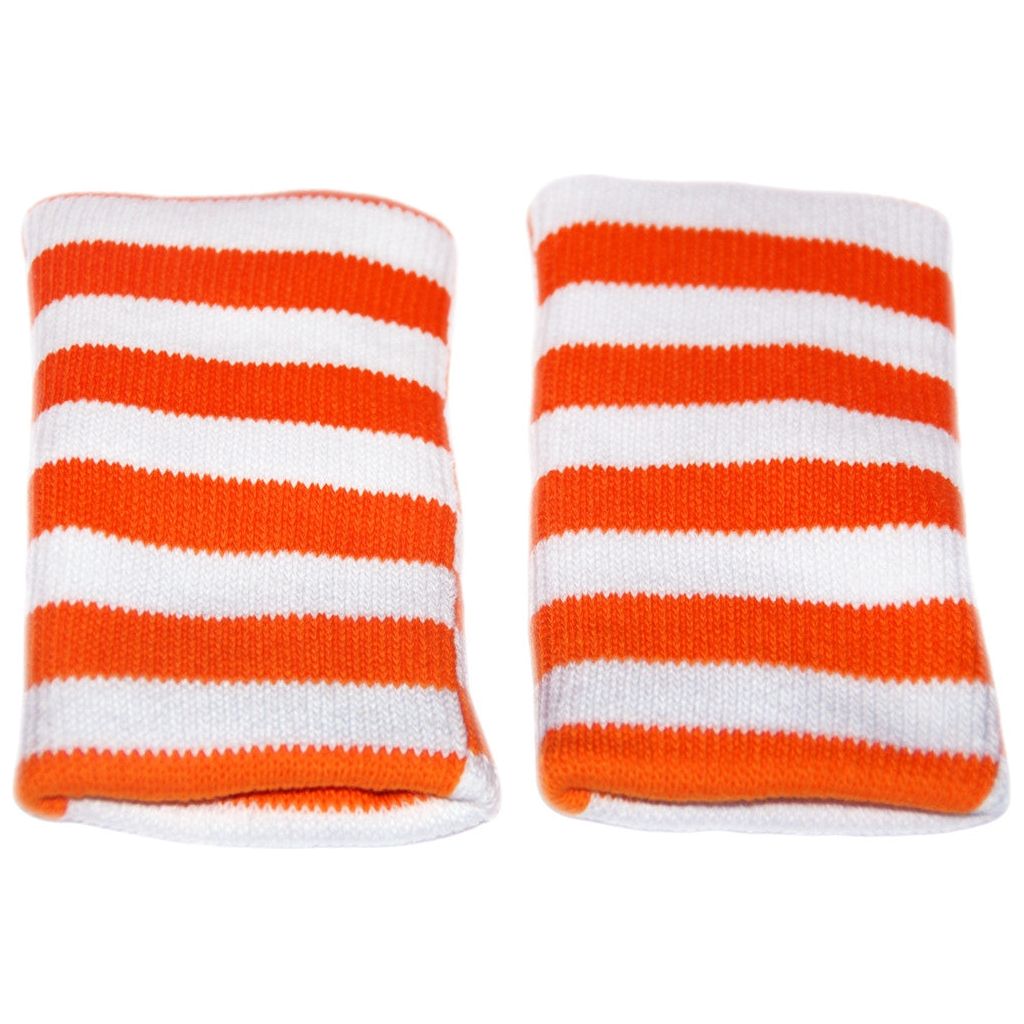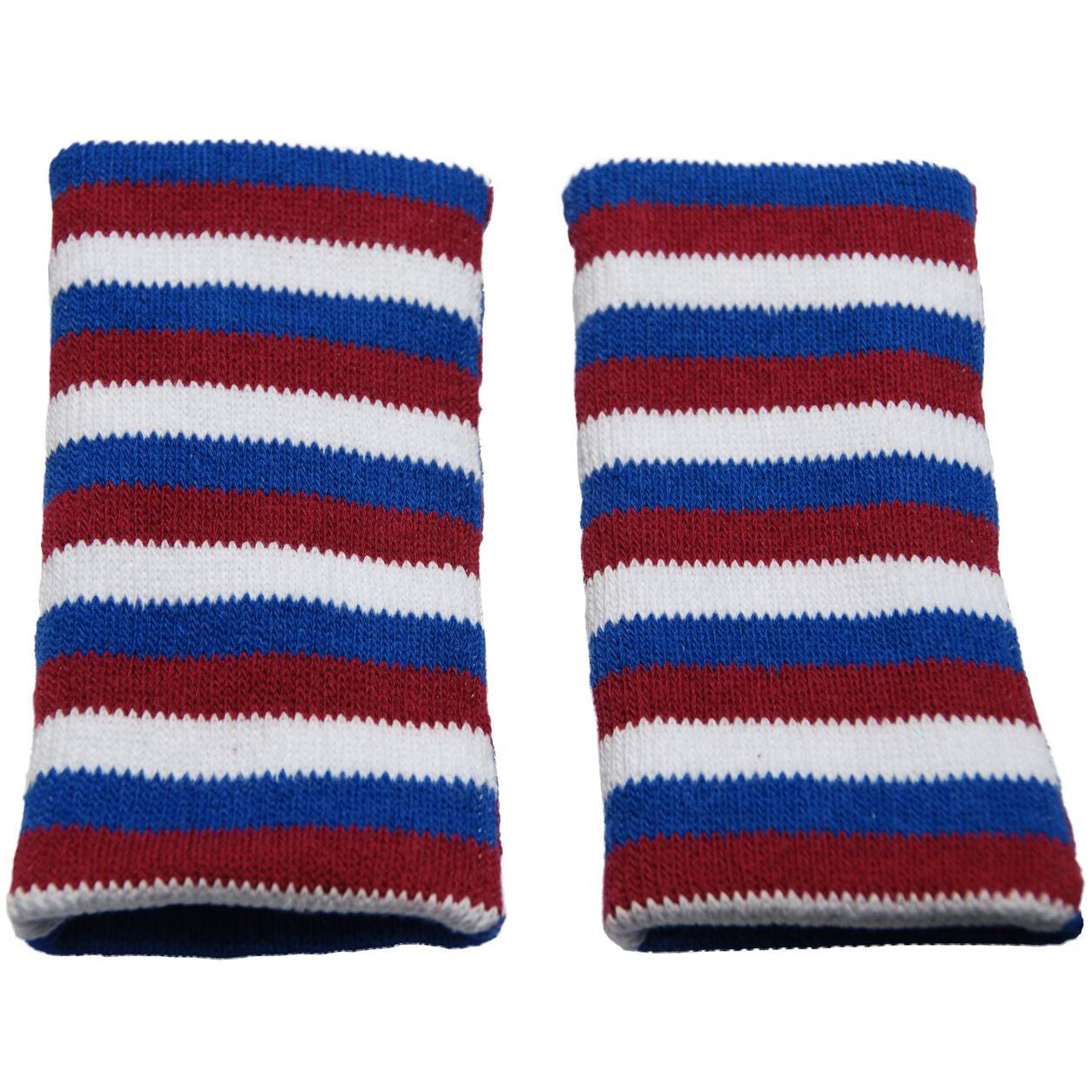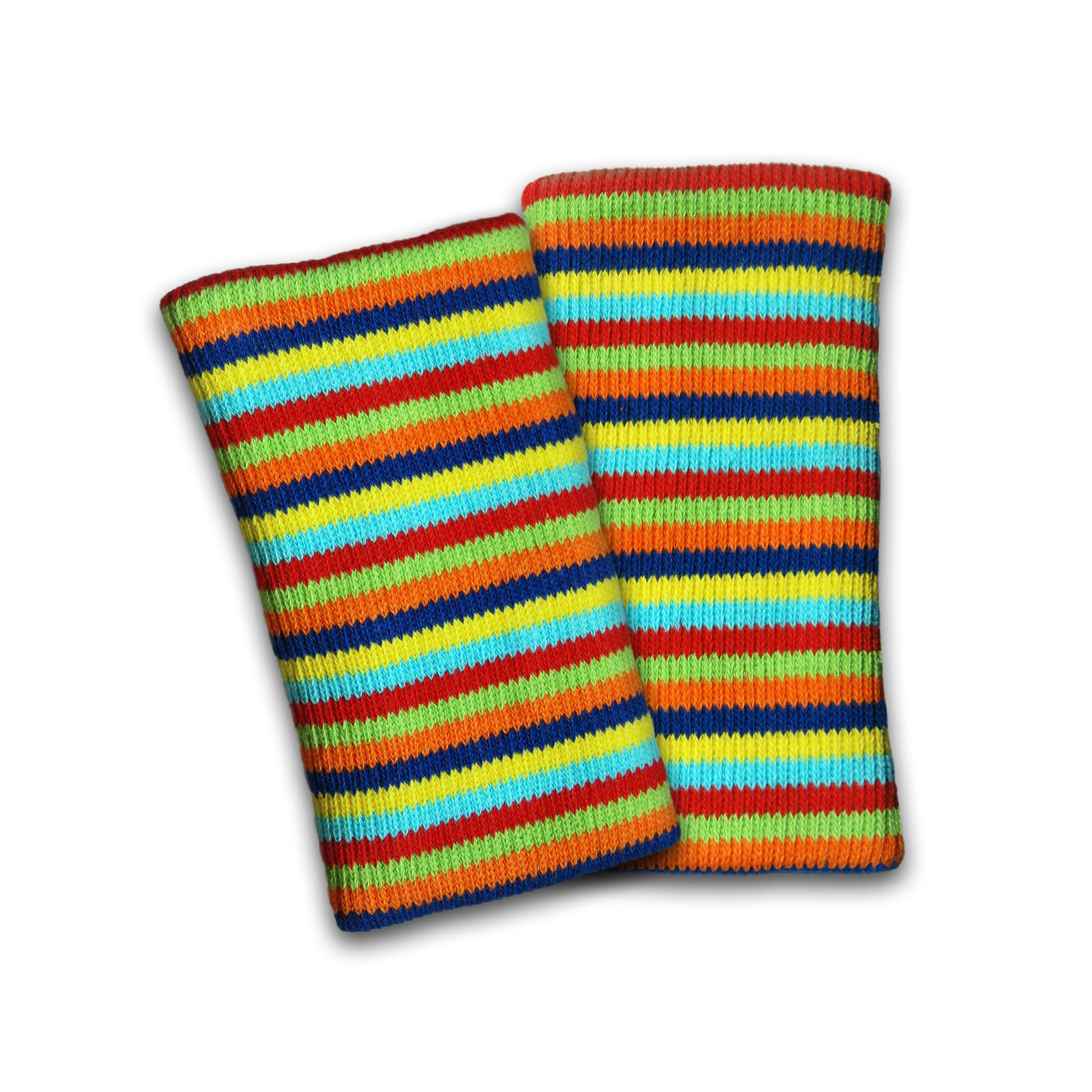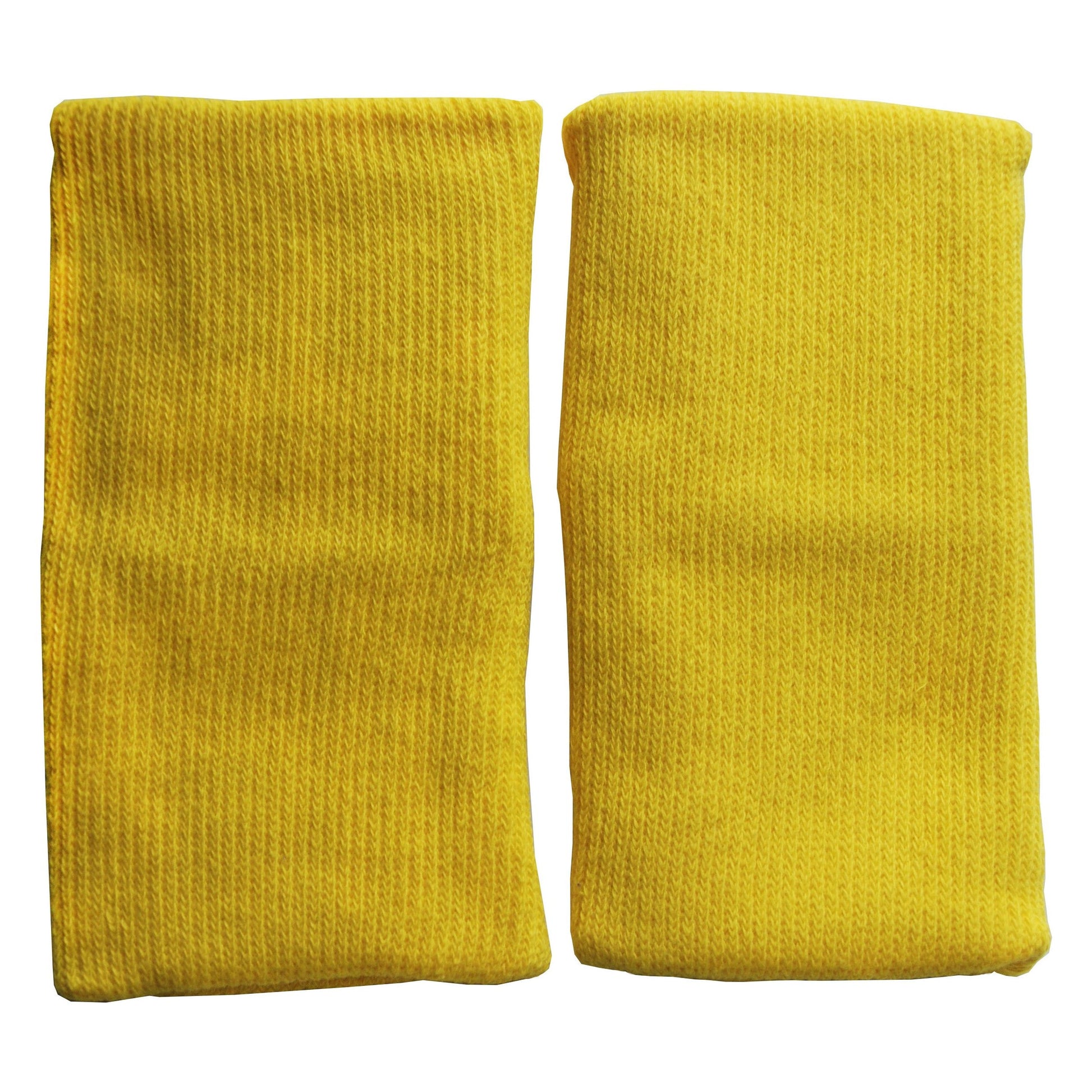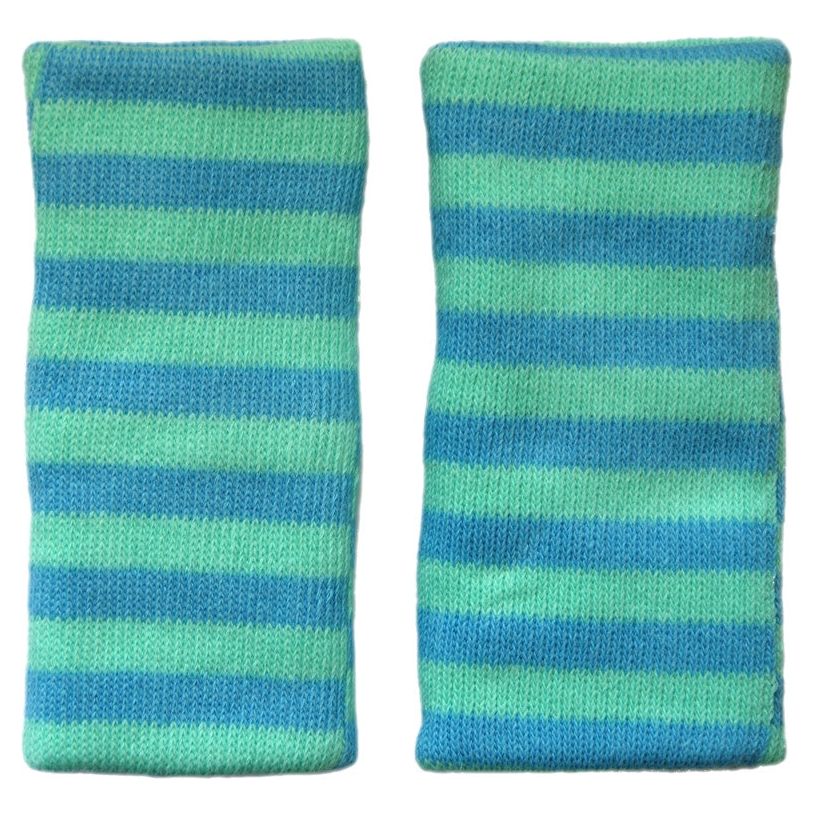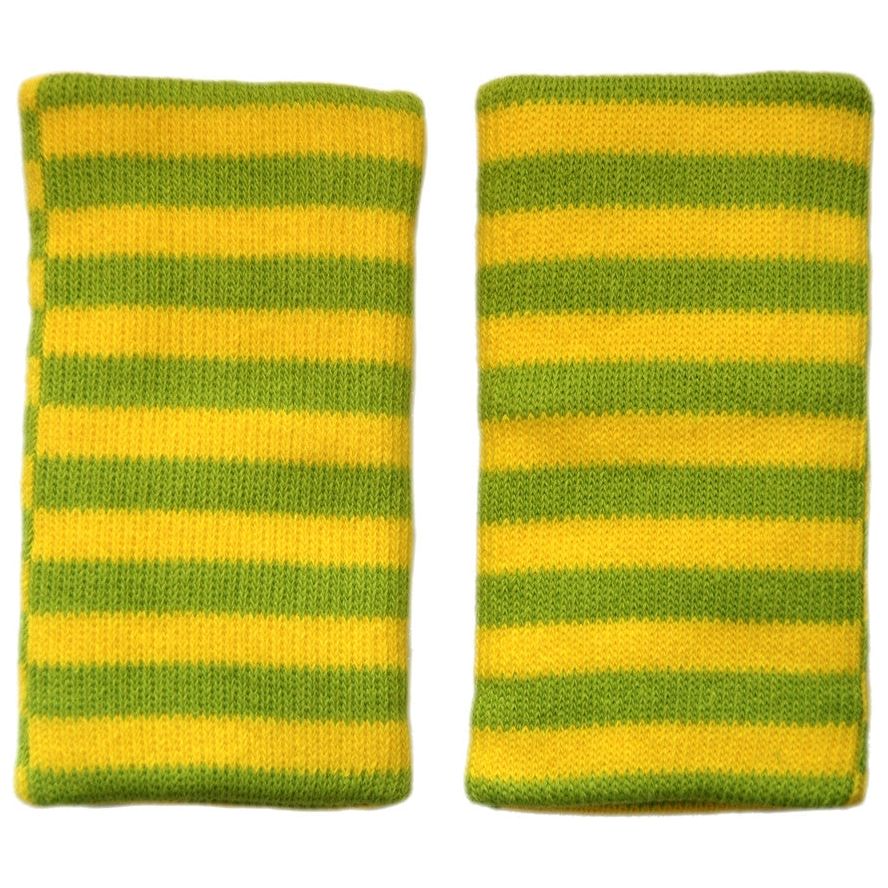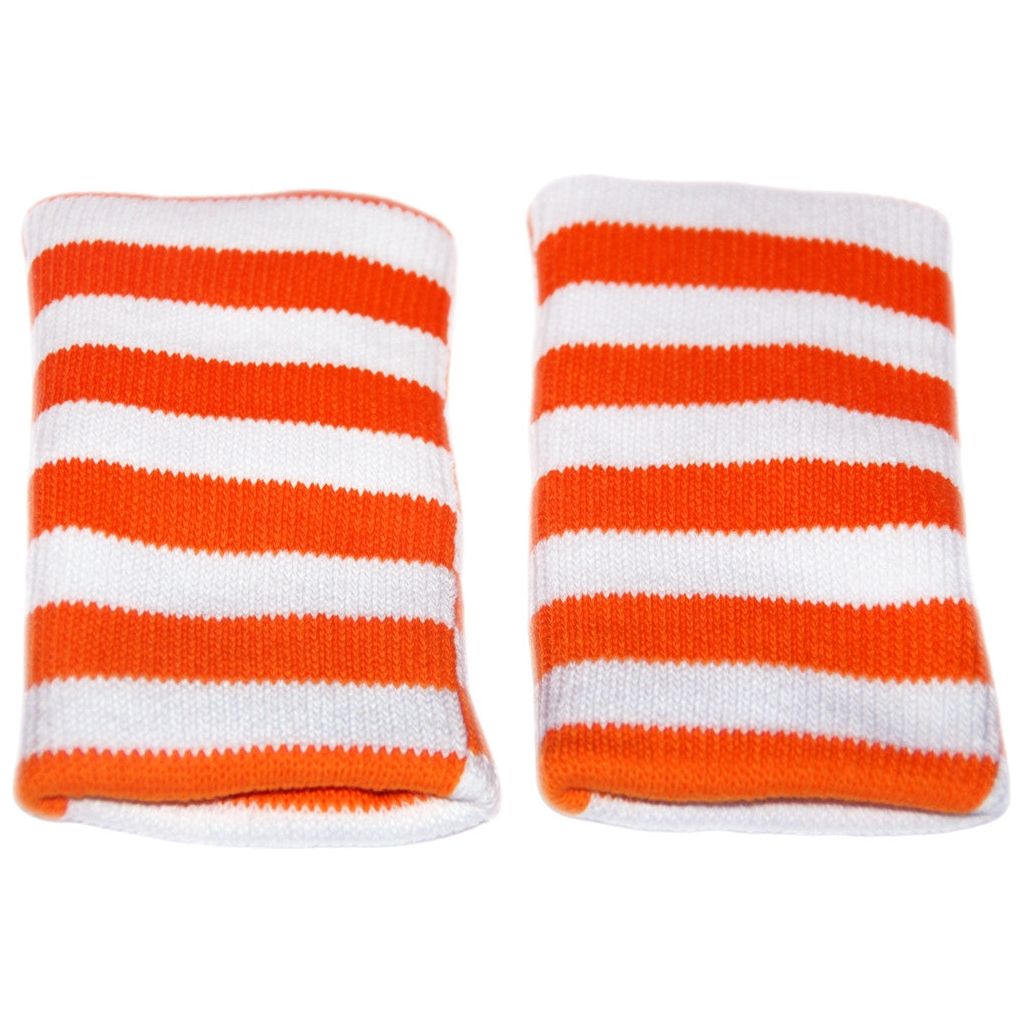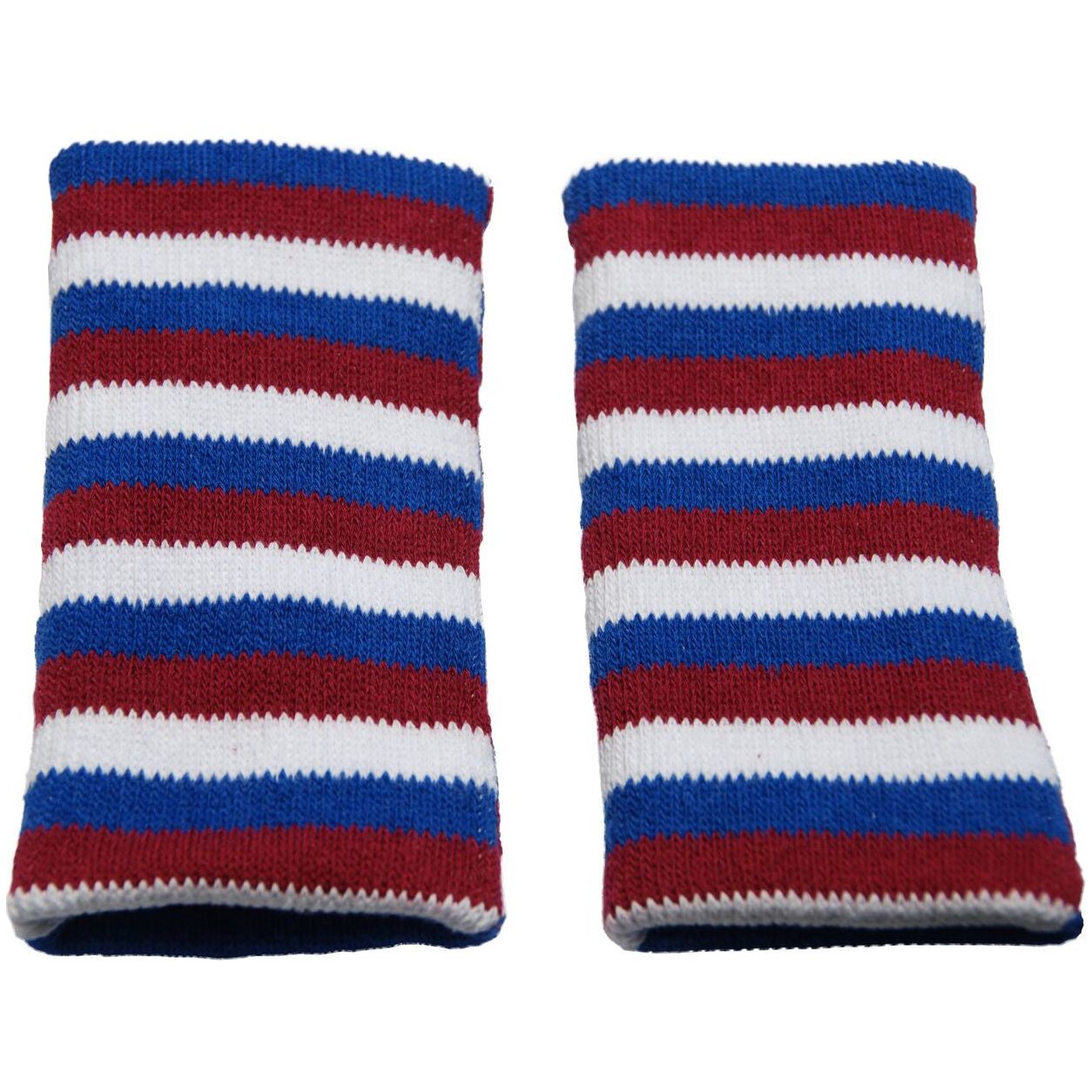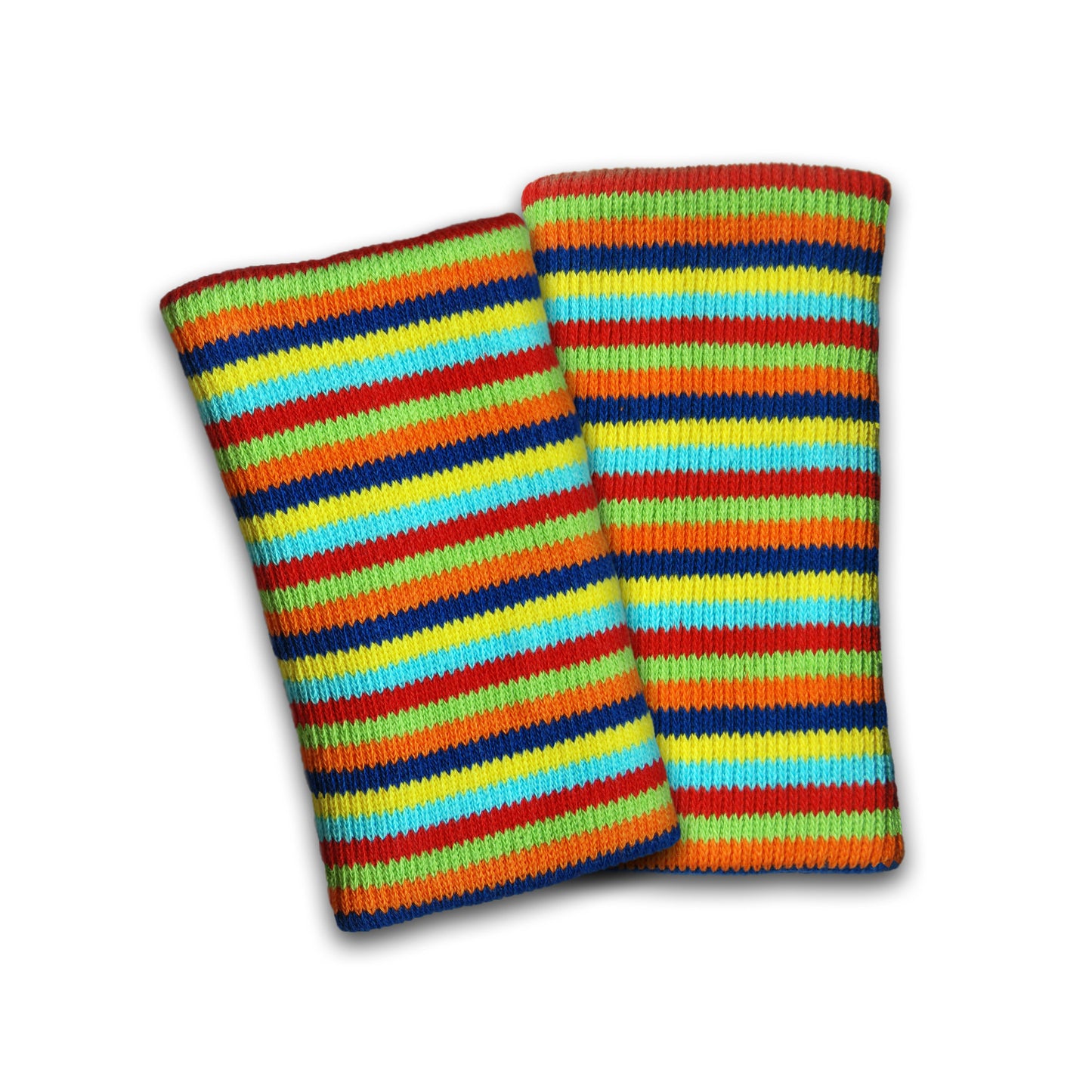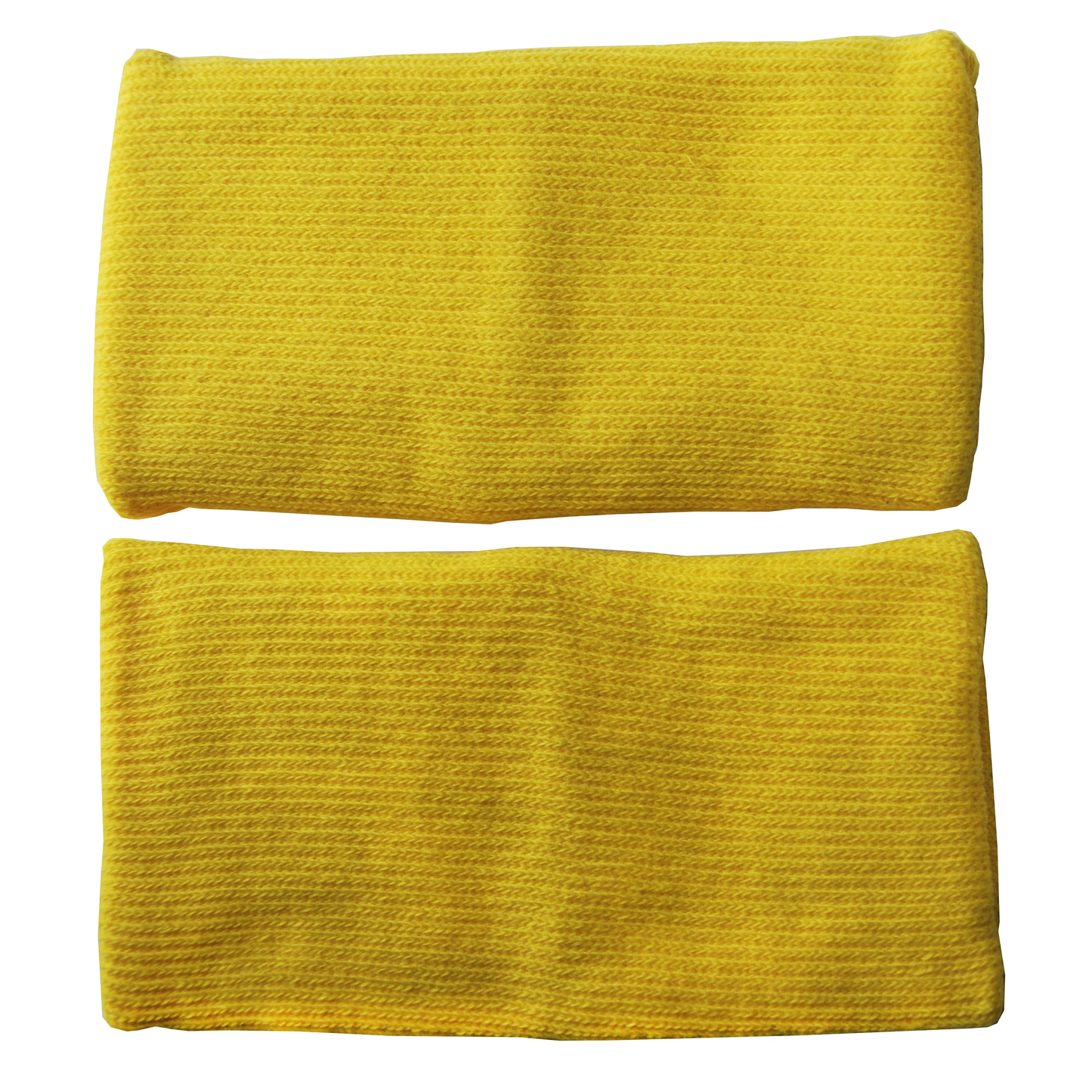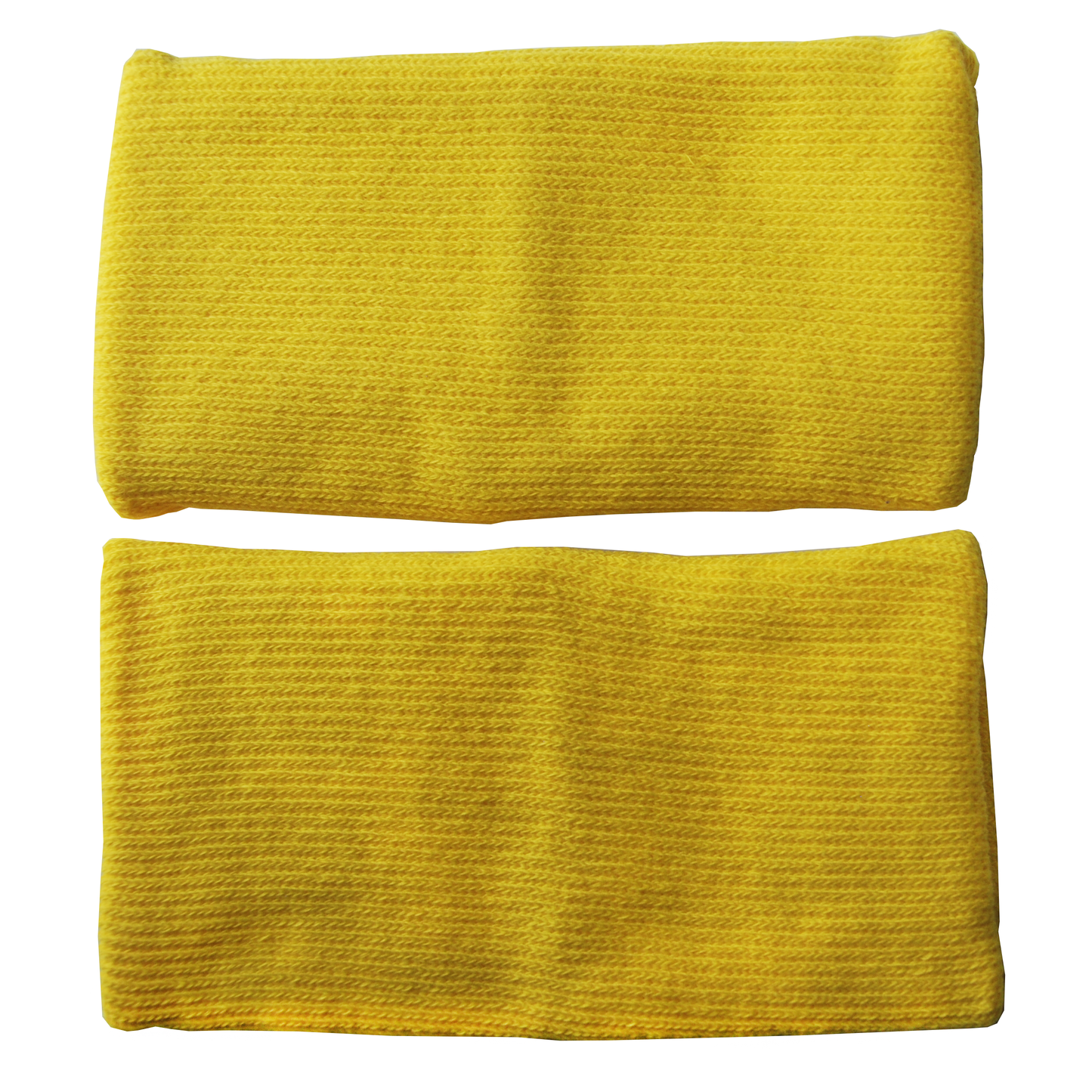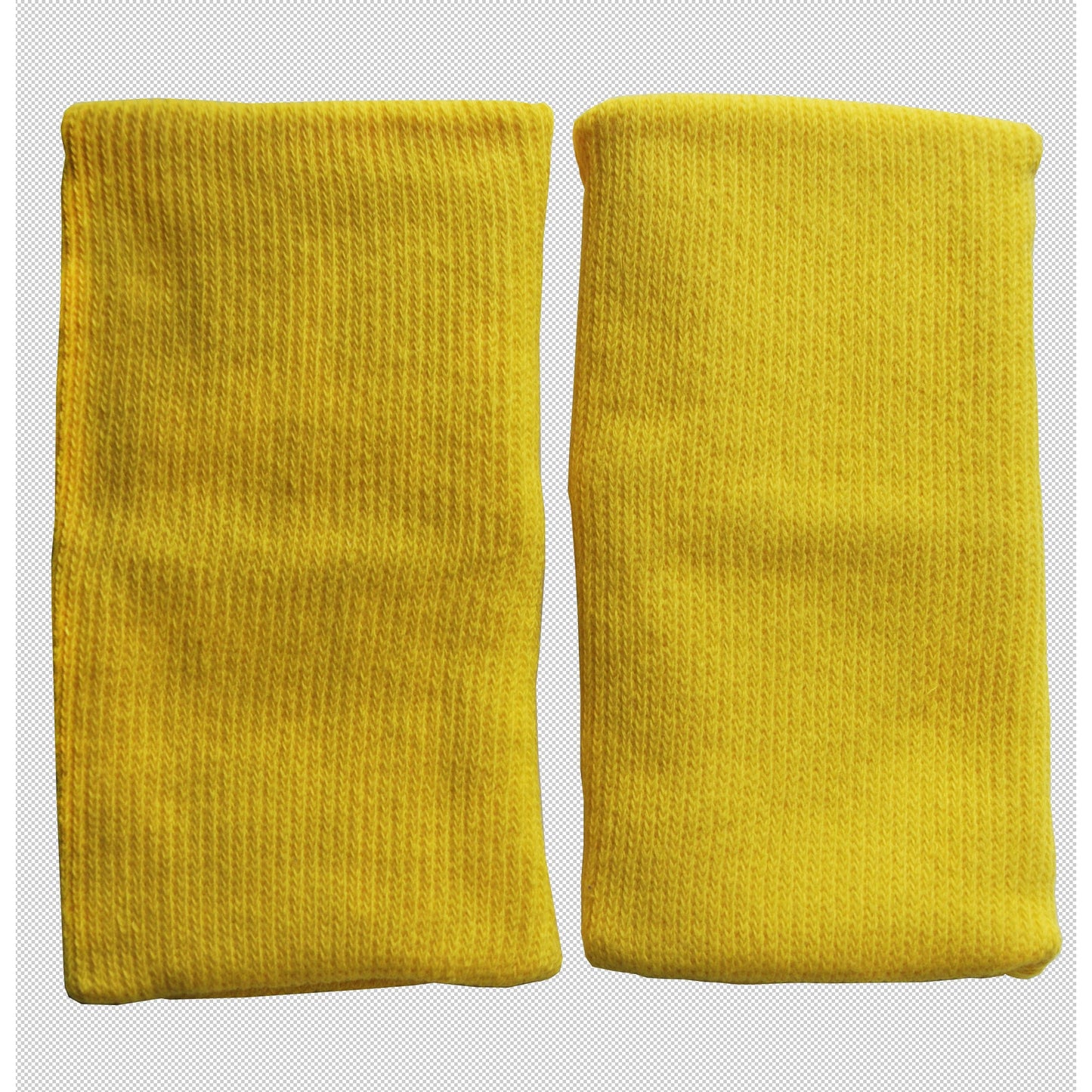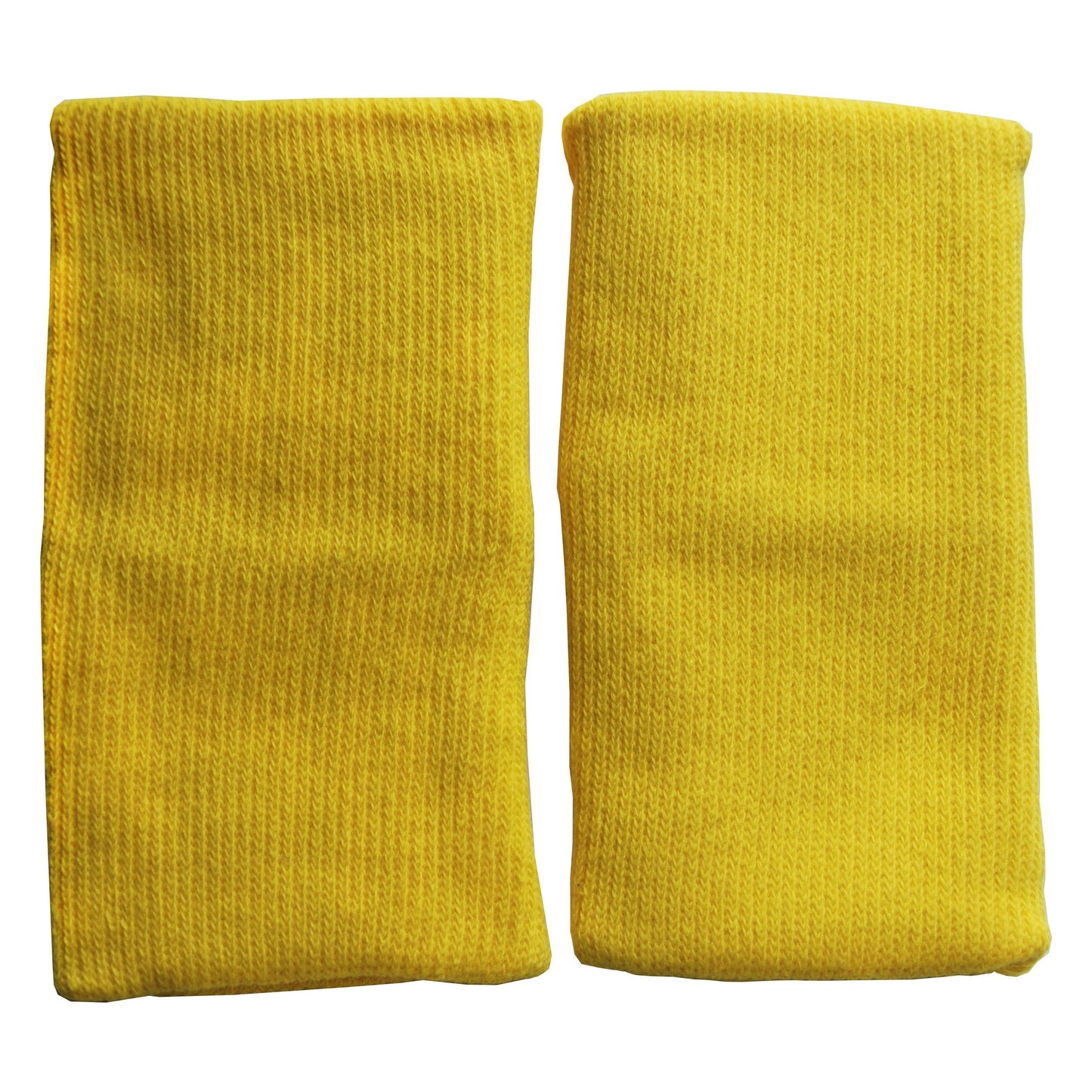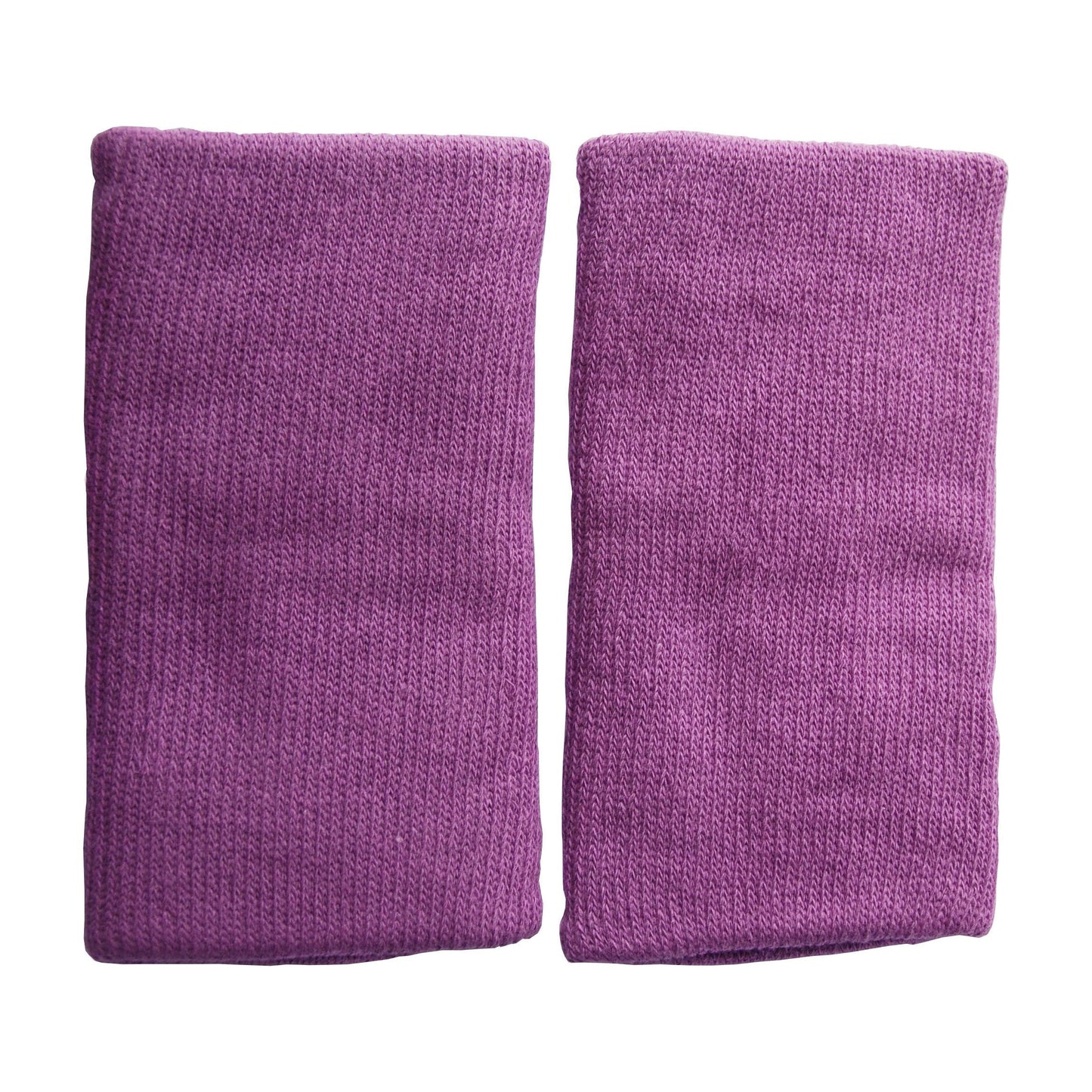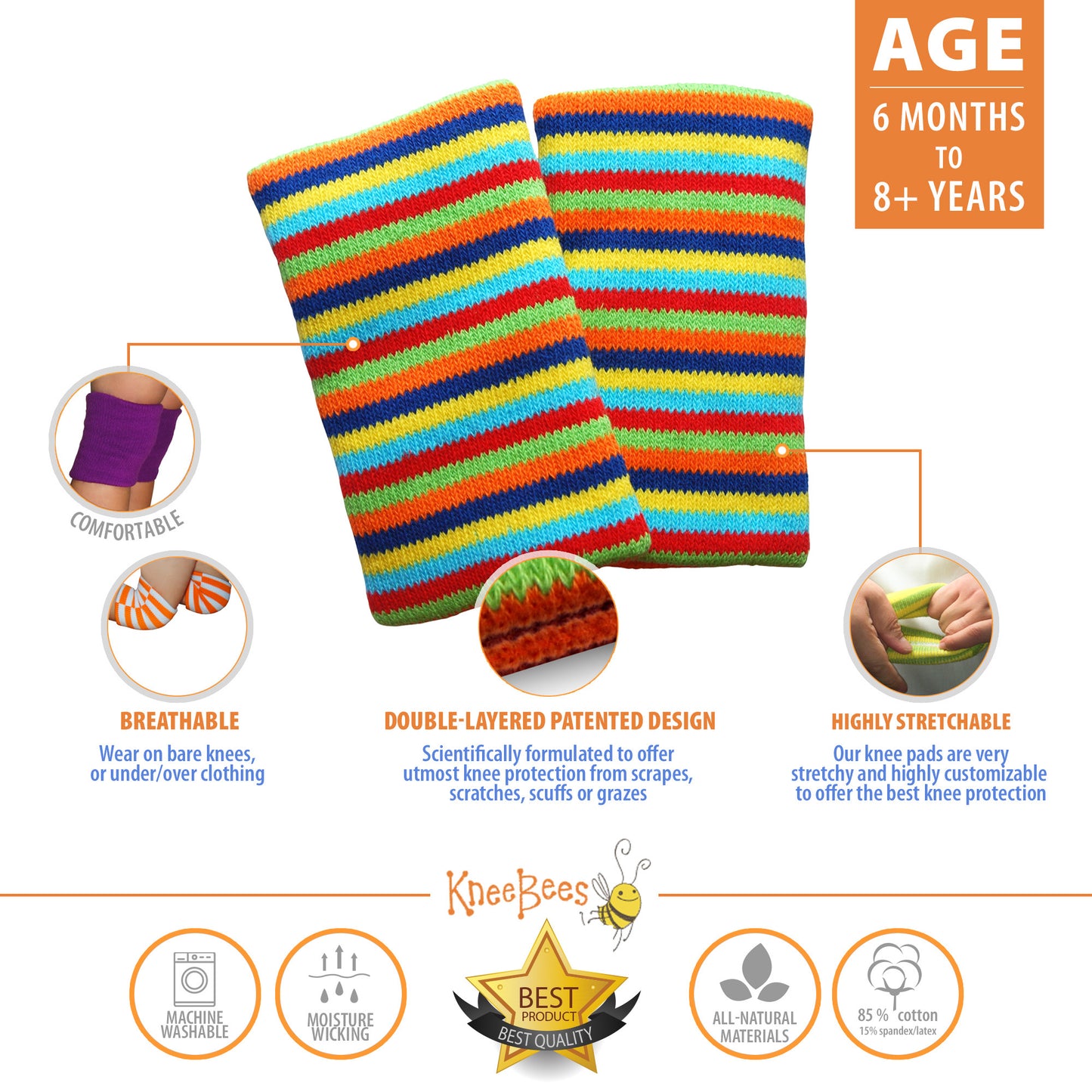As your baby grows and becomes more mobile, socialization and play become important aspects of their development. Crawling babies are curious and eager to explore the world around them, making it the perfect time to introduce them to social interactions and engaging play experiences.
Here are some valuable ideas and tips to promote socialization and play for your crawling baby:
1. Playdates: Organizing playdates with other babies or toddlers provides a wonderful opportunity for social interaction. Connect with fellow mothers in your community or parenting groups and arrange playdates at local parks, indoor play areas, or in the comfort of your homes. This allows your baby to interact with peers, learn from their actions, and develop important social skills such as sharing, taking turns, and cooperation.
2. Baby-Friendly Classes and Groups: Many communities offer baby-friendly classes and groups specifically designed to promote socialization and development. Look for options such as mommy and me classes, music and movement classes, sensory playgroups, or baby gym sessions. These activities provide structured play experiences and opportunities for your baby to engage with others in a safe and stimulating environment. The interactive nature of these classes encourages socialization and helps your baby develop communication and motor skills.
3. Sensory Play: Engaging your crawling baby in sensory play activities stimulates their senses and fosters social interaction. Set up sensory bins filled with various textures, colors, and objects for your baby to explore. You can also organize sensory playdates where babies can engage in activities like finger painting, water play, or playing with sensory toys. These experiences not only encourage socialization but also enhance your baby's cognitive and sensory development. Sensory play allows babies to engage with their environment, discover cause-and-effect relationships, and interact with others in a playful and stimulating way.
4. Interactive Toys and Games: Choose age-appropriate toys and games that encourage social interaction and exploration. Look for toys that promote turn-taking, encourage sharing, or require cooperation. Simple games like peek-a-boo or playing with stacking blocks can be wonderful opportunities for your baby to interact with you and other family members, fostering their social and emotional development. Board games designed for young children can also provide opportunities for socialization and problem-solving.
5. Outdoor Play: Spending time outdoors provides countless opportunities for your crawling baby to socialize and engage in play. Take your little one to the park or playground where they can interact with other children their age. Encourage them to explore and engage in parallel play alongside their peers. Outdoor play also exposes your baby to a variety of sensory experiences, such as feeling grass under their hands or hearing the sounds of nature, contributing to their overall development. The fresh air and open space provide a conducive environment for social interactions and promote physical activity.
6. Storytime and Music Sessions: Attend local library storytimes or music sessions designed for babies and toddlers. These interactive sessions often involve singing, movement, and storytelling, providing a rich environment for social interaction and language development. Your baby can engage with other children, participate in group activities, and enjoy the magic of storytelling and music. These activities not only foster socialization but also enhance your baby's language skills, imagination, and cognitive abilities.
7. Supportive Play Environment: Create a supportive play environment at home where your baby feels safe and encouraged to explore and interact. Dedicate a designated play area with age-appropriate toys, books, and sensory materials. Engage in play with your baby, offering them opportunities for social interaction and modeling positive social behaviors. Celebrate their milestones and efforts, fostering their self-confidence and social development. Create a balance between structured play activities and unstructured free play, allowing your baby to explore their creativity and develop problem-solving skills.
8. Baby and Toddler Groups: Join local baby and toddler groups in your area to connect with other parents and provide opportunities for your baby to socialize. These groups often organize playdates, parenting workshops, and interactive sessions that promote social interaction and provide a supportive community for parents. Building connections with other families can be invaluable in creating a nurturing and stimulating environment for your baby's social and emotional development.
Remember, every baby is unique, and their socialization and play preferences may vary. Observe your baby's cues and interests to tailor their play experiences accordingly. Through socialization and play, your crawling baby will develop essential skills, build connections with others, and gain confidence in their interactions with the world around them. Enjoy this precious time of exploration and growth with your little one!
